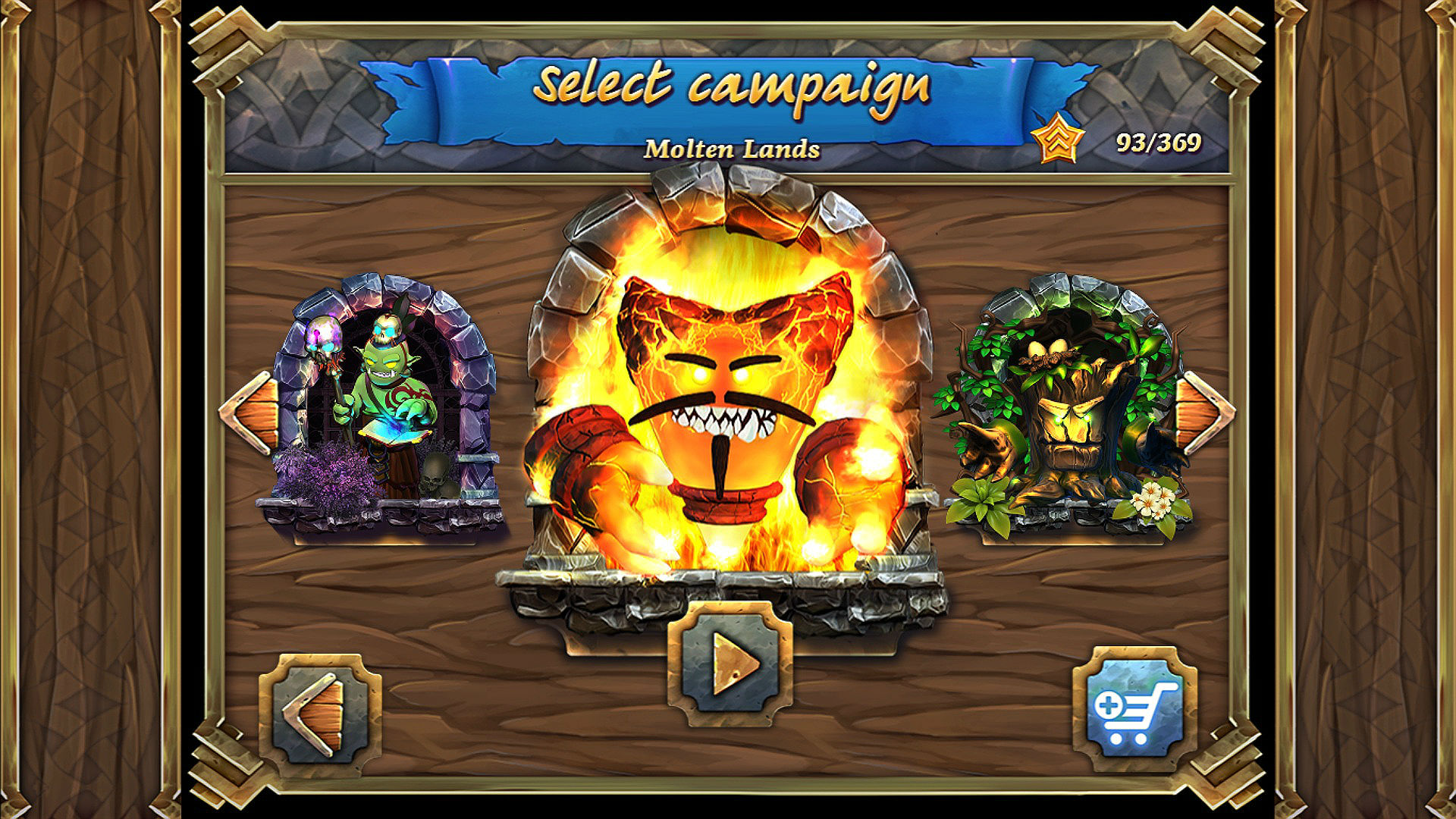

In some countries, such as France and Israel, special linguistic commissions have been working for decades to stem the English tide by creating new coinages of their own – to little avail, for the most part. A few of the most prevalent include “last-minute”, “fitness”, “group sex”, and a number of terms related to seagoing and train travel. In 2001, Manfred Görlach, a German scholar who studies the dizzying number of regional variants of English – he is the author of the collections Englishes, More Englishes, Still More Englishes, and Even More Englishes – published the Dictionary of European Anglicisms, which gathers together English terms found in 16 European languages. During the 20th century, though, as the US became the dominant superpower and the world grew more connected, English became a net exporter of words. For a millennium or more, English was a great importer of words, absorbing vocabulary from Latin, Greek, French, Hindi, Nahuatl and many others. One straightforward way to trace the growing influence of English is in the way its vocabulary has infiltrated so many other languages. And everywhere it goes, it leaves behind a trail of dead: dialects crushed, languages forgotten, literatures mangled.

It is inescapable: the language of global business, the internet, science, diplomacy, stellar navigation, avian pathology. It is aspirational: the golden ticket to the worlds of education and international commerce, a parent’s dream and a student’s misery, winnower of the haves from the have-nots. No language in history has been used by so many people or spanned a greater portion of the globe. It is an official language in at least 59 countries, the unofficial lingua franca of dozens more. Almost 400m people speak it as their first language a billion more know it as a secondary tongue. From inauspicious beginnings on the edge of a minor European archipelago, it has grown to vast size and astonishing influence. It is the world that is threatened by English.īehemoth, bully, loudmouth, thief: English is everywhere, and everywhere, English dominates. Yet from a global perspective, it is not America that is threatened by foreign languages. If anything, its position is stronger than it was a hundred years ago. A century of immigration has done little to dislodge the status of English in North America. It’s a strain of linguistic exclusionism heard in Theodore Roosevelt’s 1919 address to the American Defense Society, in which he proclaimed that “we have room for but one language here, and that is the English language, for we intend to see that the crucible turns our people out as Americans, of American nationality, and not as dwellers in a polyglot boardinghouse”.Īs it turned out, Roosevelt had things almost perfectly backwards. Elevating English while denigrating all other languages has been a pillar of English and American nationalism for well over a hundred years. But if something has changed around the politics of English since Donald Trump took office, the anger Schlossberg voiced taps into deeper nativist roots. As the Trump administration intensifies its crackdown on migrants, speaking any language besides English has taken on a certain charge.


 0 kommentar(er)
0 kommentar(er)
